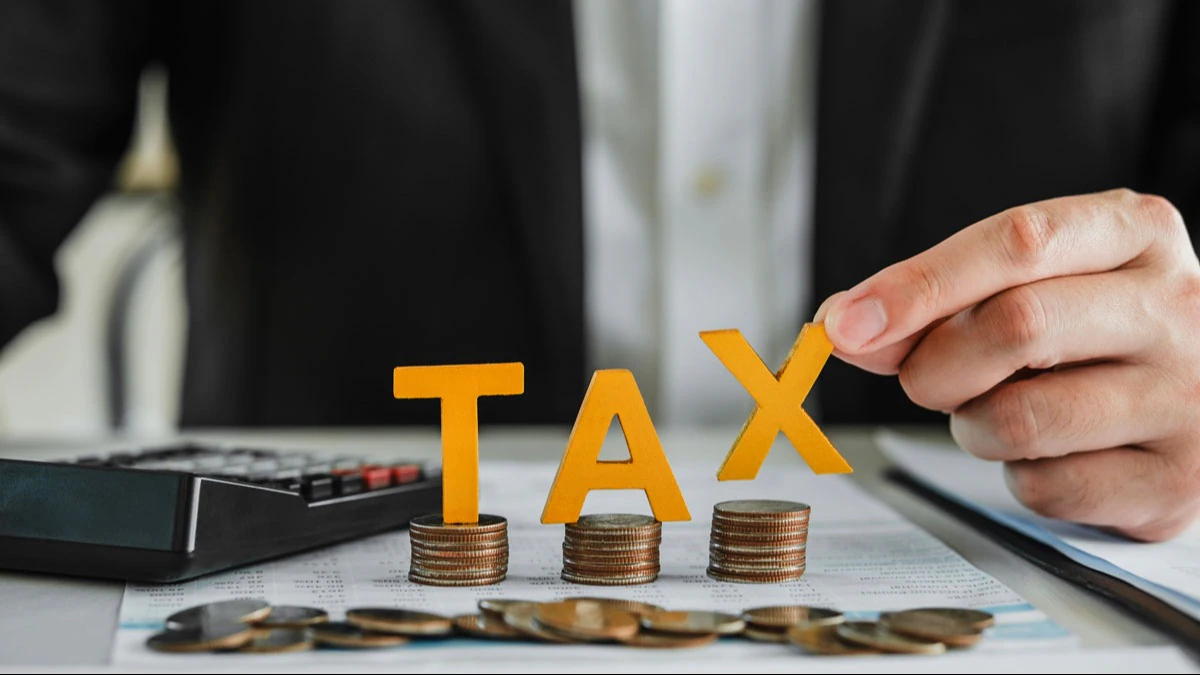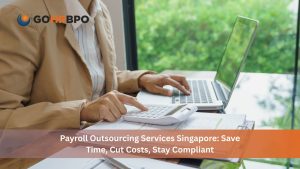As the tax season approaches in Singapore, it’s crucial for residents to understand the intricacies of individual income tax rates. This comprehensive guide will walk you through everything you need to know to navigate the tax season with confidence.
Individual Income Tax Rates: Understanding Singapore’s Progressive Tax System
Singapore employs a progressive tax system, which means that higher-income earners pay a higher percentage of their income in taxes. This system is designed to ensure fairness while maintaining Singapore’s reputation as a competitive tax jurisdiction.
Individual Income Tax Rates 2024
For the Year of Assessment (YA) 2024, which covers income earned in 2023, the individual income tax rates in Singapore are as follows:
Chargeable Income ($) | Tax Rate (%) | Gross Tax Payable ($)
———————-|————–|————————
First 20,000 | 0 | 0
Next 10,000 | 2 | 200
First 30,000 | – | 200
Next 10,000 | 3.50 | 350
First 40,000 | – | 550
Next 40,000 | 7 | 2,800
First 80,000 | – | 3,350
Next 40,000 | 11.5 | 4,600
First 120,000 | – | 7,950
Next 40,000 | 15 | 6,000
First 160,000 | – | 13,950
Next 40,000 | 18 | 7,200
First 200,000 | – | 21,150
Next 40,000 | 19 | 7,600
First 240,000 | – | 28,750
Next 40,000 | 19.5 | 7,800
First 280,000 | – | 36,550
Next 40,000 | 20 | 8,000
First 320,000 | – | 44,550
Above 320,000 | 22 | –
It’s important to note that these rates are subject to change, and it’s always advisable to check the official Inland Revenue Authority of Singapore (IRAS) website for the most up-to-date information.
Individual Income Tax Rates: Calculating Your Taxable Income
To determine your tax liability, you first need to calculate your taxable income. This involves:
- Determining your total income from all sources (employment, business, investments, etc.)
- Subtracting applicable deductions and reliefs
- Arriving at your chargeable income
Common Deductions and Reliefs
Singapore offers various tax deductions and reliefs to help reduce your taxable income. Some common ones include:
- Earned Income Relief
- CPF Relief
- Course Fees Relief
- NSman Relief
- Parent/Handicapped Parent Relief
- Working Mother’s Child Relief
It’s crucial to understand which reliefs you’re eligible for and how to claim them correctly to maximize your tax savings.
Individual Income Tax Rates: Tax Filing Process
In Singapore, the tax filing season typically runs from March 1 to April 18 each year. Here’s a quick overview of the process:
- Gather all necessary documents (IR8A form, receipts for claims, etc.)
- Log in to myTax Portal using your SingPass
- Verify pre-filled information and make necessary adjustments
- Claim relevant reliefs and deductions
- Submit your tax return
Remember, e-filing is mandatory for most taxpayers in Singapore, making the process more efficient and environmentally friendly.
Individual Income Tax Rates: Tips for a Smooth Tax Season
- Start Early: Don’t wait until the last minute to prepare your tax documents. Starting early gives you ample time to gather all necessary information and seek clarification if needed.
- Keep Accurate Records: Maintain a system for organizing your financial documents throughout the year. This will make tax time much less stressful.
- Stay Informed: Tax laws and regulations can change. Stay updated by regularly checking the IRAS website or attending tax seminars.
- Leverage Technology: Use tax preparation software or apps to help streamline the process and reduce errors.
- Seek Professional Help if Needed: If your tax situation is complex, consider engaging a tax professional for assistance.
Understanding Tax Residency
Your tax residency status in Singapore can significantly impact your tax obligations. Generally, you’re considered a tax resident if you:
- Are physically present or employed in Singapore for 183 days or more during the calendar year, or
- Continuously work in Singapore for three consecutive years, even if the duration of your stay is less than 183 days in the first and third year.
Non-residents are taxed at different rates, typically 15% or the resident tax rates, whichever results in a higher tax amount.
Planning for the Future
Understanding individual income tax rates isn’t just about compliance; it’s also about smart financial planning. By comprehending how different income levels are taxed, you can make informed decisions about:
- Career moves and salary negotiations
- Investment strategies
- Retirement planning
- Charitable giving
Remember, while minimizing your tax liability is important, it should be done ethically and within the bounds of the law.
Suggested read: Minimum Wage in Singapore, a Guide for Employers and Employees
Conclusion
Navigating Singapore’s tax system may seem daunting, but with the right knowledge and preparation, you can tackle tax season with confidence. By understanding individual income tax rates, leveraging available deductions and reliefs, and staying organized, you’ll be well-equipped to fulfill your tax obligations while optimizing your financial position.
Remember, when in doubt, don’t hesitate to consult with IRAS or a qualified tax professional. Here’s to a stress-free tax season!






